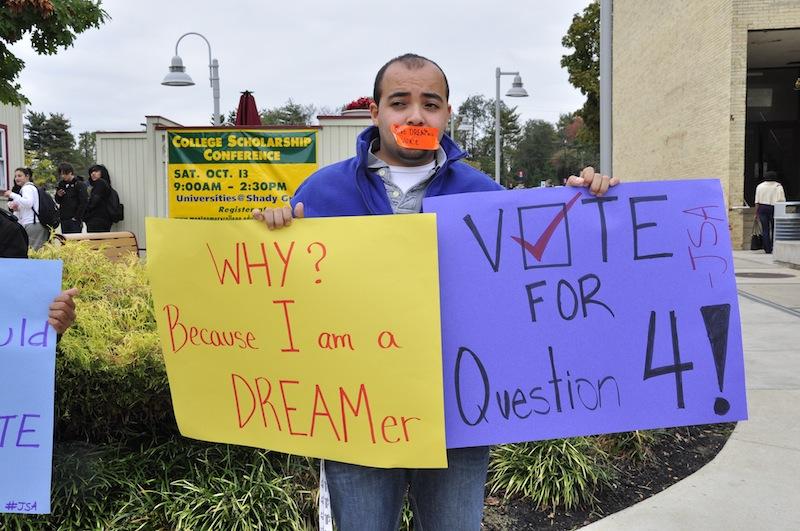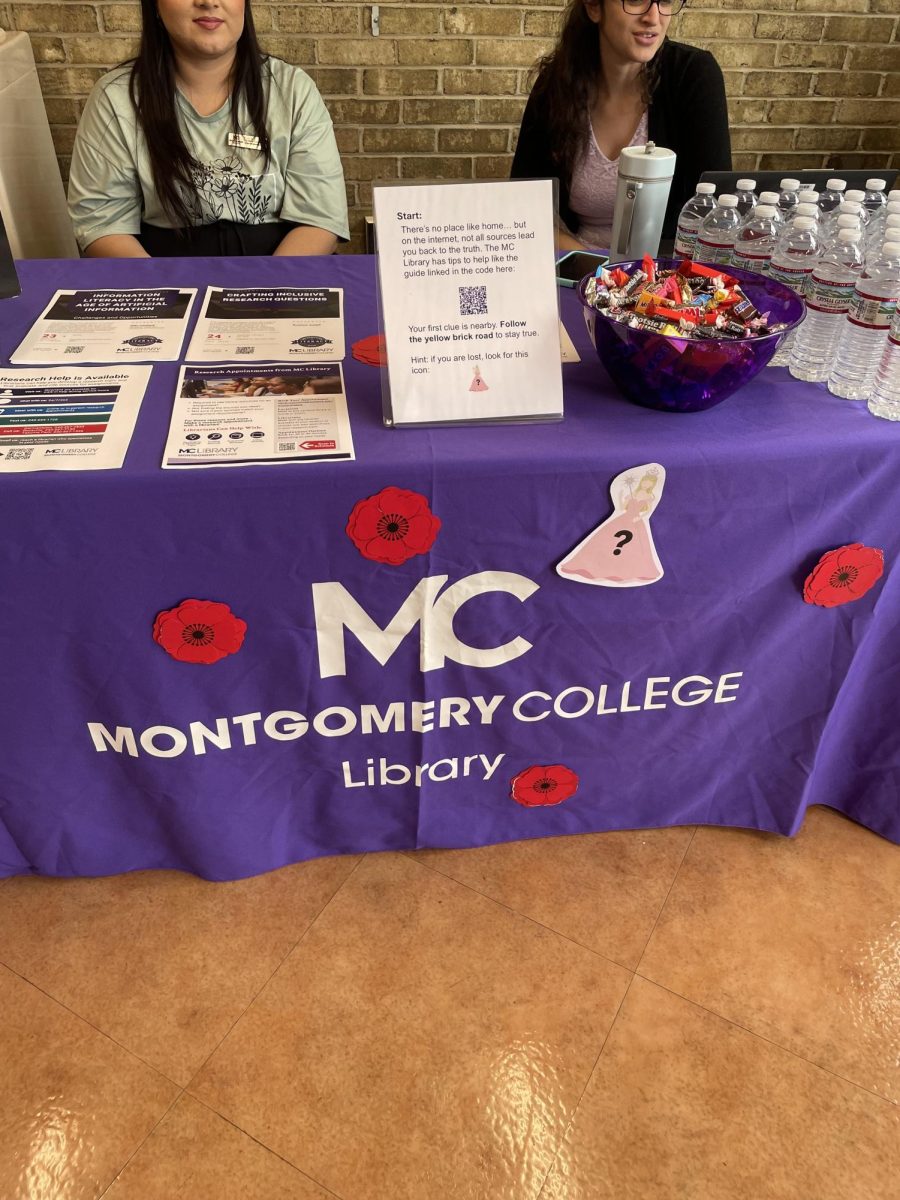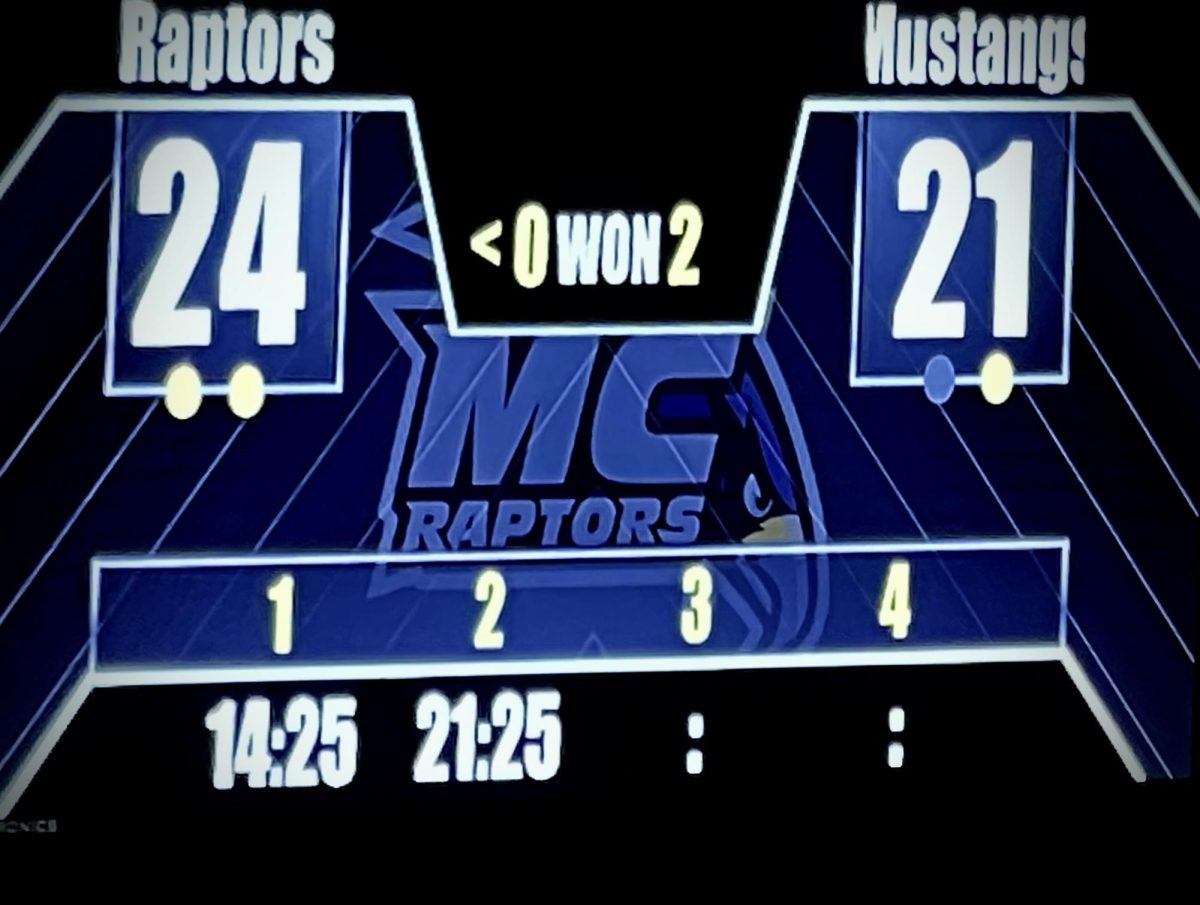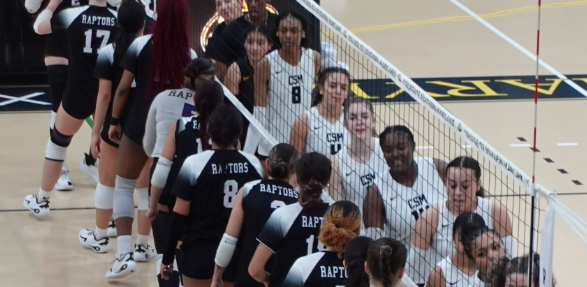Nov. 6, 2012 is a big election day. Not only because of the presidential candidates but also because of the initiatives on the Maryland ballot. One initiative that has been under great debate is Question 4, which addresses the Maryland In-State Tuition Referendum, also known as the Dream Act. DREAM is an acronym for Development, Relief, and Education for Alien Minors. This piece of legislation provides in-state tuition rates for immigrant children at Maryland universities. Eligible students, often referred to as Dreamers, must meet a number of strict requirements in order to qualify for in-state tuition in Maryland.
- Dreamers must have spent at least three years in attendance at and graduated from a Maryland high school.
- Dreamers must have paid or have parents/guardians who have paid Maryland state income taxes during the three or more years of high school. The Dreamers and/or their parents/guardians must also pay taxes during the years spent attending college.
- No exceptions are made to each individual institution’s academic requirements; Dreamers must be academically eligible for any given Maryland state college or university.
- Dreamers are also required to spend two years or earn sixty credits at a community college, prior to entering a Maryland college or university.
- Dreamers must also prove their intent to gain permanent residency.
Another key component to the act is that Dreamers will be placed in the out-of-state selection pool during the admission process, thus not taking slots away from Maryland residents.
The legislation will not be conveniently spelled out for voters when they reach the polls, it will appear as shown here:
Question 4
Referendum Petition
Public Institutions of Higher Education – Tuition Rates (Ch. 191 of the 2011 Legislative Session)
Establishes that individuals, including undocumented immigrants, are eligible to pay in-state tuition rates at community colleges in Maryland, provided the student meets certain conditions relating to attendance and graduation from a Maryland high school, filing of income taxes, intent to apply for permanent residency, and registration with the selective service system (if required); makes such students eligible to pay in-state tuition rates at a four-year public college or university if the student has first completed 60 credit hours or graduated from a community college in Maryland; provides that students qualifying for in-state tuition rates by this method will not be counted as in-state students for purposes of counting undergraduate enrollment; and extends the time in which honorably discharged veterans may qualify for in-state tuition rates.
Maryland voters must choose whether they are “For the Referred Law” or “Against the Referred Law” when voting on Nov. 6.









Julia Junghans • Oct 17, 2012 at 1:51 pm
This was so helpful in explaining question 4, we need more things like this to help educate voters!